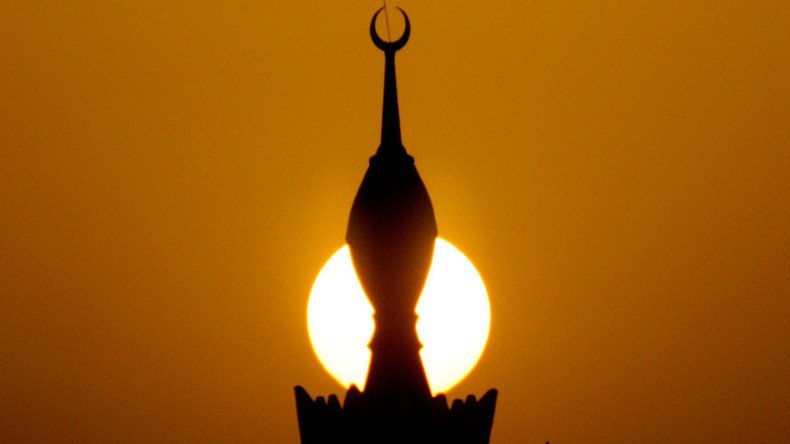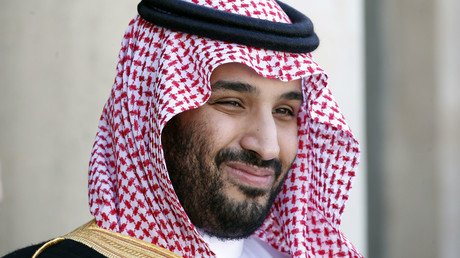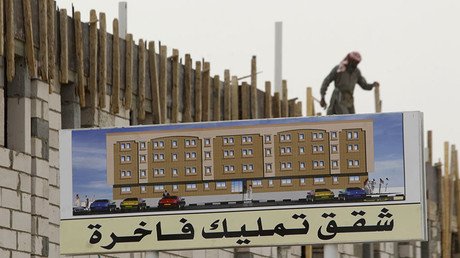Saudi Arabia unveils plan to wean economy off oil

Riyadh has approved a long-term economic blueprint to transform the kingdom’s economy aimed at minimizing the country's reliance on oil.
Titled ‘Saudi Vision 2030’, the plan reveals budget, policy and regulatory changes which are to be realized over the next 15 years to help the country’s economy to survive beyond crude.
Over seventy percent of the country’s income comes from energy exports. With the plunge in crude prices Saudi Arabia ran a record deficit of over $90 billion in 2015.
Riyadh intends to raise its share of non-oil exports in non-oil GDP from 16 percent to 50 percent.
It aims to build a "prosperous and sustainable economic future" for the kingdom, according to the news release. It also gave details on privatization and the creation of what it called the "largest sovereign wealth fund in the world."
"We will smooth the process of listing private Saudi companies and state-owned enterprises, including Aramco. This will require deepening liquidity in our capital markets, fortifying the role of the debt market and paving the way for the derivatives market," the announcement said.
The kingdom plans to sell less than five percent of the state-owned Saudi Aramco oil company. Deputy Crown Prince Mohammed bin Salman said the company is valued above $2 trillion.
#SaudiArabia to boost non-oil income by 2020 https://t.co/As2Er9BXq5pic.twitter.com/AjQC6H8Huk
— RT (@RT_com) April 5, 2016
Part of the Aramco share sales would go directly towards creating the world's largest sovereign wealth fund, according to bin Salman.
The Public Investment Fund (PIF) aims to invest cash from the country's oil and gas operations into other sectors and will eventually hold more than $2 trillion in assets.
Among the other reforms disclosed in the plan is the introduction of a new visa system, allowing expatriate Muslims and Arabs to work long-term in the kingdom.
They also include investing in digital infrastructure, mining, culture, education and the military.
The Saudi government is currently accelerating subsidy cuts and introduces more taxes, including a levy on luxury items and energy and sugary drinks as well as a value added tax. According to Prince Mohammed the step will bring the kingdom $100 billion a year by 2020.














